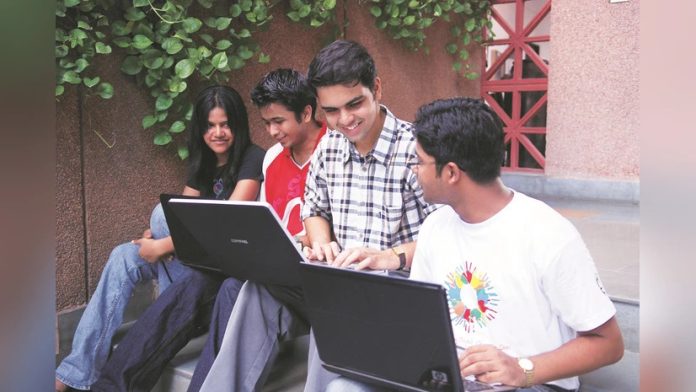Cabinet Nod for Rs. 4,200 Crore to Improve Technical Education Quality
The Union Cabinet, headed by Prime Minister Shri Narendra Modi, has approved the introduction of the Multidisciplinary Education and Research Improvement in Technical Education (MERITE) Scheme with a total outlay of Rs. 4,200 crore for a period of 2025-26 to 2029-30. The MERITE Scheme is designed to improve quality, equity and governance in technical education for all of India.
The MERITE Scheme would cover 275 government and government-aided technical institutions, i.e., 175 engineering colleges and 100 polytechnics. The scheme is fully consistent with the National Education Policy 2020 (NEP-2020) and is designed to bring transformational change across all States and Union Territories.
Funding and Support
Out of the Rs. 4,200 crore budget, Rs. 2,100 crore will be sourced as external assistance through a World Bank loan. The scheme is structured as a Central Sector Scheme, with funds channeled directly from the Central Government to participating institutions via a designated Central Nodal Agency.
Scope and Beneficiaries
The scheme targets key technical institutions such as National Institutes of Technology (NITs), State Engineering Colleges, Polytechnics, and Affiliating Technical Universities (ATUs). Additionally, State and UT technical education departments will receive support. An estimated 7.5 lakh students are expected to benefit through improved learning environments and opportunities.
Strategic Impact and Employment Generation
MERITE’s key outcomes include:
- Adoption of digitalization strategies by participating States/UTs
- Development of multidisciplinary programs within technical curricula
- Enhancement of students’ learning and employability skills
- Increased student transition rates and access equity
- Strengthened research and innovation ecosystems
- Improved quality assurance, accreditation, and governance mechanisms
- Rollout of labor market-aligned, blended curriculums
- Development of future academic administrators, with a focus on women faculty
The scheme focuses on employability by aligning courses with industry standards, offering internships, supporting faculty development programs, and setting up research hubs. Support and funding for incubation centers, skill labs, and language workshops will help catalyze innovative and hands-on practical skills. This will also likely increase graduate student placement rates and decrease the unemployment rate of engineering graduates.
Implementation Framework
MERITE will be implemented in government engineering and polytechnic institutions across the country. Key stakeholders, including prestigious institutions such as IITs and IIMs, as well as regulatory bodies, such as AICTE and NBA, will be involved in the national implementation of MERITE. Fund disbursement through a Central Nodal Agency and coordination by the Central Government will help facilitate the overall process.
Background and Vision
The scheme supports India’s sustainable and inclusive growth by upgrading academic and research standards in technical education. Collaboration with the World Bank helps to incorporate best practices globally. The MERITE project was a response to the deep and sustained reform required by NEP-2020 in many critical areas including curriculum redesign, reforming teaching pedagogy, rectifying the gender gap in education, ensuring digital inclusion and capabilities, and finally, faculty development.
State and UT governments play also play a key role and their stakeholder feedback was reflected in the design of the scheme, to ensure responsive and effective implementation.
#SkillDevelopment#EducationTransformation#EducationInvestment#modernbusinessindia
#printpublication#printmagazine#modernbusinessworld






